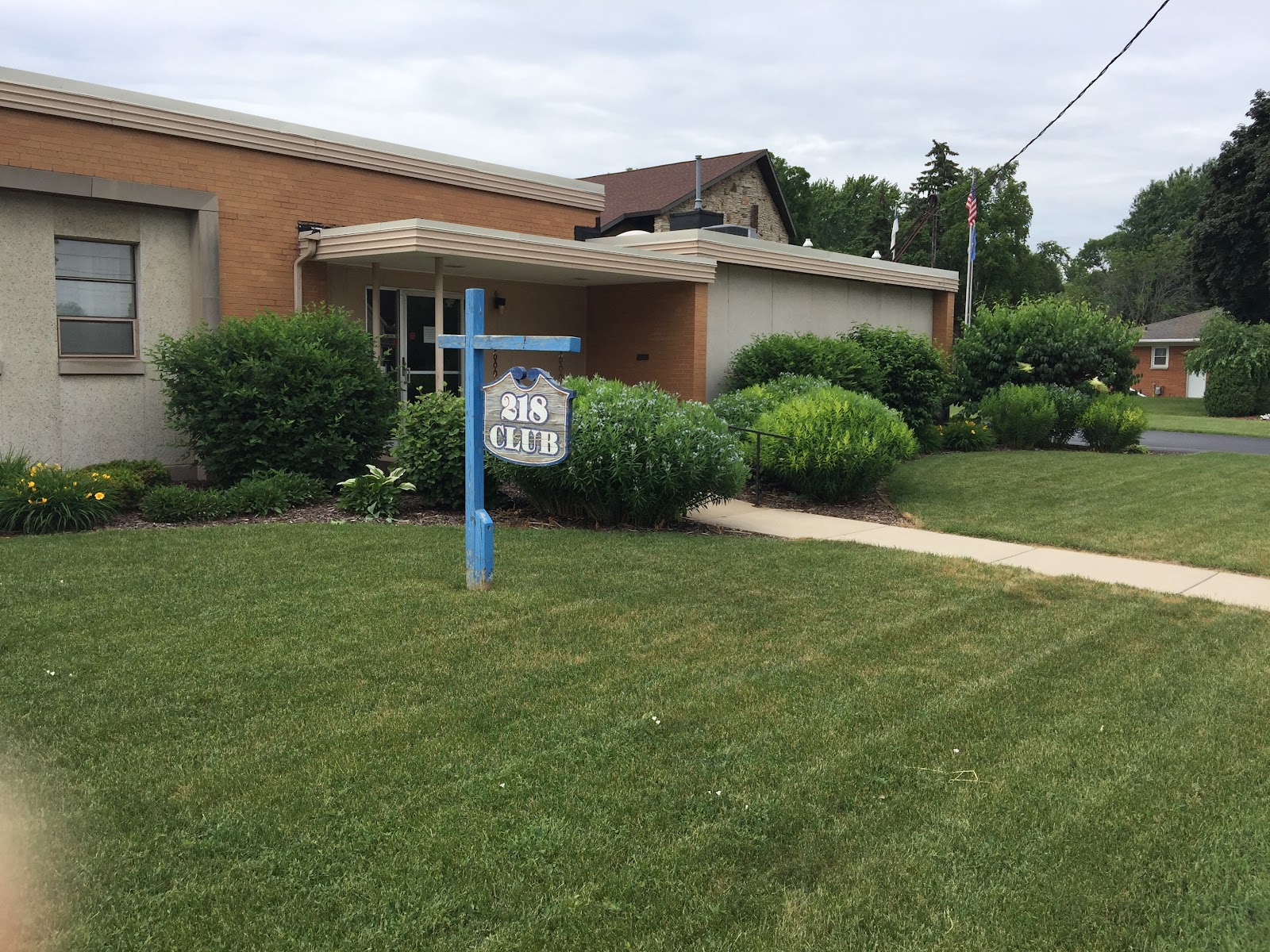Hotline for National Substance Abuse Support
24/7 Support Available, Confidential and Free of Charge
Best Alcohol & Drug Rehab Treatment Centers in Green Bay, Wisconsin
Green Bay is a beautiful and vibrant city, but unfortunately, like many other cities in the United States, it is not immune to the growing epidemic of drug addiction. In fact, according to data from the Wisconsin Department of Health Services, Brown County (where Green Bay is located) had the second highest number of opioid-related deaths in the state in 2018.
However, we are dedicated to providing our community with the support and resources needed to overcome addiction and lead a healthy, fulfilling life. On this website, you will find information about local facts and statistics on drug addiction, as well as resources for treatment and recovery.
There are various treatment options available in Green Bay, including both inpatient and outpatient programs, as well as support groups and counseling services. Our website provides a directory of treatment centers and support groups in the area, making it easy for you to find the help you need.
We also understand that each person's journey to recovery is unique, and what works for one individual may not work for another. That's why we have included a variety of alternative and holistic treatment options, including yoga, meditation, and art therapy, for those seeking a more holistic approach to recovery.
Additionally, our website features testimonials from individuals who have successfully overcome addiction in Green Bay, providing inspiration and hope for those currently struggling with addiction.
We aim to not only provide information and resources, but also to create a sense of community and support for those battling addiction in Green Bay. We encourage you to reach out and connect with others who are going through a similar experience.
Together, we can overcome addiction and build a healthier, stronger Green Bay community. Thank you for visiting our website and taking the first step towards a life in recovery. Ready to explore more treatment centers and take the next step towards recovery? Click here to discover range of options and find the support you need on your journey to wellness. Your path to healing starts now.
Featured Treatment Centers




